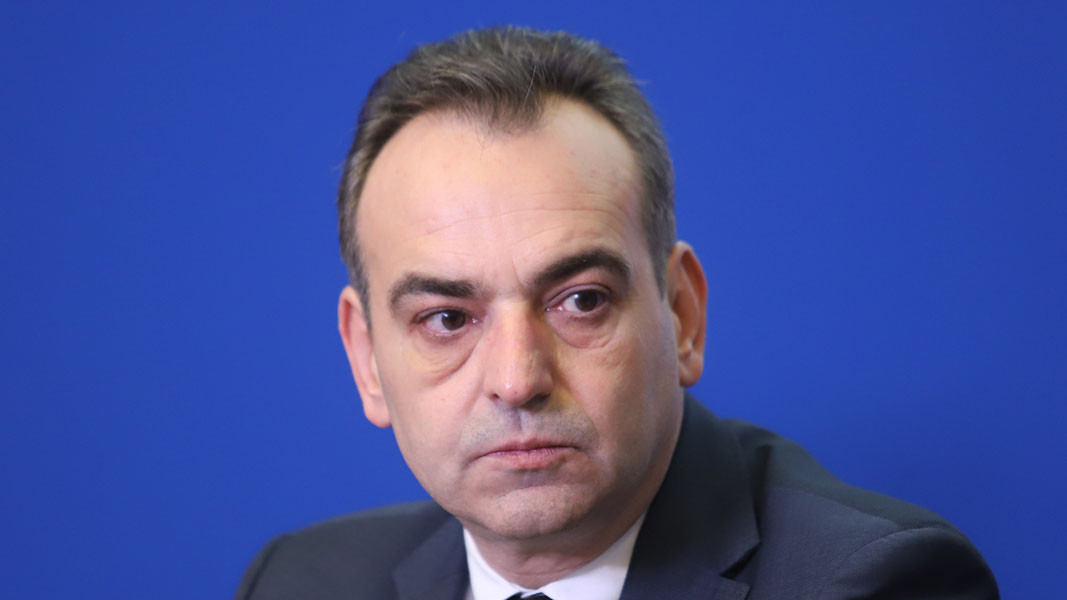Unpredictability in the sphere of energy has a detrimental effect on the Bulgarian economy. "At the moment nobody knows what the price of natural gas is," Dobri Mitrev, chair of the Bulgarian Industrial Association has told BNR, adding the situation of Bulgarian business was "desperate."
"No one in the industry knows what the price of electricity for May is; no one knows what the price of natural gas would be. Price of materials goes up every day, every hour. This uncertainty and the lack of clear commitments from the state to provide compensation for these extremely high prices affects employees, goods and services, while the Bulgarian people become poorer.”
Because of the high prices of fuel and electricity for business, the nationally represented employers' organizations are planning a protest in front of the Council of Ministers in Sofia on May 18. The branch organizations of restaurant owners will also take part in the protests, supported by the trade unions. Negotiations with the government have been going on for months, but no agreement has been reached.
Meanwhile, Bulgargaz announced the estimated price of natural gas for July at EUR 72.66 per megawatt-hour. It was formed on the basis of estimated values of the price-forming components as of May 11. A comparison with the May 11 prices on the European gas markets for deliveries in July shows that they reach EUR 95.50 per megawatt-hour, the gas company said.
Employers in Bulgaria call for security and predictability of supplies and prices of raw materials. Rising energy prices are leading to soaring inflation, which eats away at citizens' incomes every day, the business said.

"At the moment there are practically no business talks and orders are being cancelled, because there is no way to set a final price for the goods. What we have is a slipping economy", Dobri Mitrev says and adds that there is no dialogue with the government on the issue:"The government does not communicate with us and it has not shared any of its ideas with us."
At the beginning of the week it became clear that PM Kiril Petkov's cabinet was preparing an anti-inflation package totaling between 750 million to 1 billion euros. However, according to Mitrev, the package has not been discussed with Bulgarian producers yet.
"The anti-inflation package must first include measures for the industry and the economy, as the working Bulgarians are in there. If there are no targeted efforts, inflation will not stop rising,” the expert says. “The strongest measures are those aimed at electricity production, export at high prices and compensations for local electricity consumers. In this way we will stop the rising inflation," Mitrev said. According to him, "the big effect will come from making the prices for producers bearable, in order for the rise not to be transferred to the price of goods and services".
“Inflation has reached 36 percent on an annual basis at the level of production. If there is no compensatory mechanism, this inflation will inevitably be transferred to goods and services. All Bulgarian citizens would be negatively affected," Mr. Mitrev warned.
Interview by: Tanya Milusheva, BNR- "Horizont"
Editor: Elena Karkalanova
English version: Alexander Markov
Photos: library, BGNESThe expected adoption of the single European currency from January 1, 2026 is one of the many topics dividing society. In addition to being a cause for political quarrels, the euro is also a cause for concern among some Bulgarian..
At the end of 2024, Bulgarians' wealth hit a record high of 1 trillion leva (€511.29 billion), which is five times higher than the gross domestic product. According to a study by the Expert Club on Economics and Politics, reported by BNR's Natalia..
Bulgarian President Rumen Radev extended an invitation to Japanese business to invest in Bulgaria . This happened during an economic forum in Tokyo organized by the Japan External Trade Organization JETRO . At the forum, Radev who is on..

+359 2 9336 661
